Our impact management approach
A hub dedicated to impact management
Founded in 2021, Reforest'Action's Impact hub conducts research and innovation work to develop an information and analysis system for quantitative and qualitative data around restored ecosystems and their impacts. This approach applies to projects developed by Reforest'Action and other players, as well as to forest or agroforestry ecosystems already in place.
Monitoring impact to optimize the effectiveness of our action
Our innovative impact solution enables us to scale up projects to a very large scale, optimize their results to guarantee the stability of ecosystems over the long term, and promote project financing by delivering reliable, transparent data to investors. In this way, it meets both project development and investor needs.

Impact indicators set up around four pillars
Impact indicators are defined during the project design phase. They are adapted to the context, typology and challenges of the project, and are divided into the 4 pillars of multifunctionality defined by Reforest'Action, on which the stability of ecosystems is based. Our impact management process ensures that each forestry or agroforestry project has a positive impact on the climate, biodiversity, the soil-water system and local communities.
Limiting the global and local impacts of climate change through carbon sequestration in biomass and soils, and through the forest's influence on the microclimate by limiting the impact of wind and solar radiation.
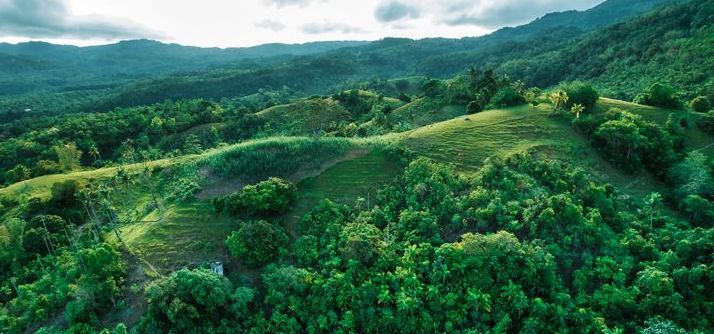
Enhancing biodiversity by strengthening the quality and diversity of habitats on which flora, fauna and fungi depend to develop stable populations that contribute to ecosystem resilience.

Ensuring the harmony of the soil-water system by preserving soil integrity and ensuring the proper functioning of water and nutrient cycles in order to maintain the availability of water and mineral resources necessary for the proper development of flora and fauna.
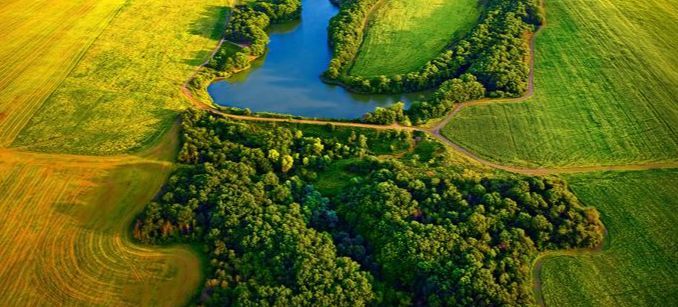
Generating benefits for local populations by helping to improve nutrition and food security, providing non-food products (e.g. wood or medicinal products), preserving drinking water resources, generating income and contributing to local economic sustainability, raising awareness of forest preservation and maintenance, improving autonomy in project management and equity in access to its benefits, and creating or restoring sites that have cultural or spiritual value or provide recreational services.
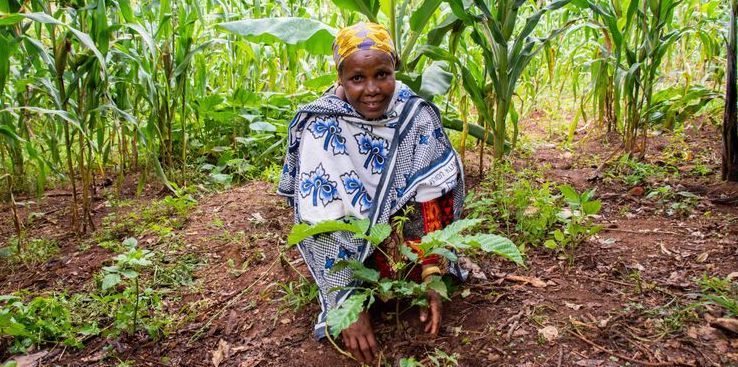
The four phases of impact management
This approach, which is currently being implemented, is available for some of our projects.
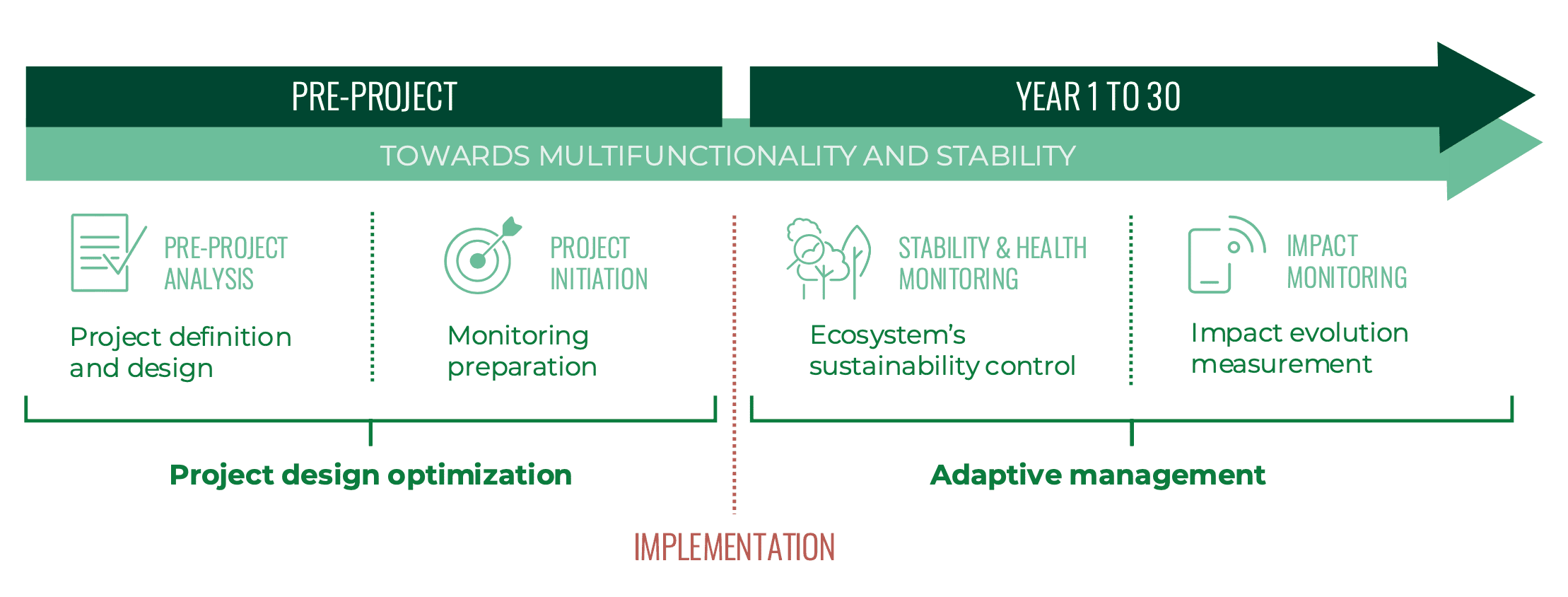
Impact management begins at the project design stage, in order to set design priorities, estimate the future impacts of restored ecosystems, and build a plan for monitoring these impacts. Our projection tools are based on scientific models. They enable investors to project quantified impacts upstream of project implementation.
Before the project begins, a sampling plan is drawn up to clarify which plots will be monitored remotely and in the field. Once this plan has been validated, we measure the “initial states” of the selected impact indicators. These will serve as a reference for monitoring the evolution of the project's impacts. The project can then begin in the field.
On an ongoing basis, Reforest'Action analyzes and measures (by remote sensing and in the field) the impact indicators defined at the start of the project, in order to assess the health and stability of the restored ecosystem and ensure its proper evolution over time. Based on the results obtained, adaptive management recommendations are formulated.
Various methodologies are applied to measure the impacts generated by the ecosystem on climate, biodiversity, the soil-water system and communities. This monitoring is carried out both remotely, via form surveys or geospatial analyses, and in the field. Measuring these impacts enables us to better support the project over time, by implementing management adapted to changes in the project and its context.
Towards the development of an MRV platform
We are currently digitizing our impact management process and developing an MRV (Measurement, Reporting & Verification) platform. The aim is to offer investors a tool for optimizing and measuring the impact of Nature-based Solutions. This tool will make it possible to demonstrate the value generated by these solutions, using key performance indicators and reliable, traceable and verifiable data.
Our partners
In order to ensure that our action is relevant in research and innovation, our ad hoc team relies on scientific and technological advances and collaborates with renowned institutions.


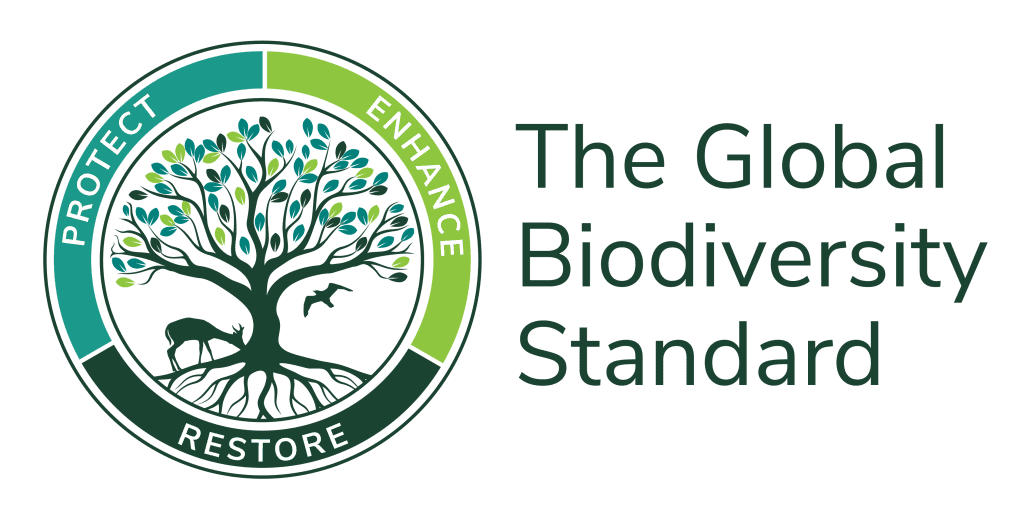
Discover our articles about impact management:
21/05/2024
04 min
Remote sensing and geomatics: technological innovation to support forestry and agroforestry projects
Lire l'article29/01/2025
04 min